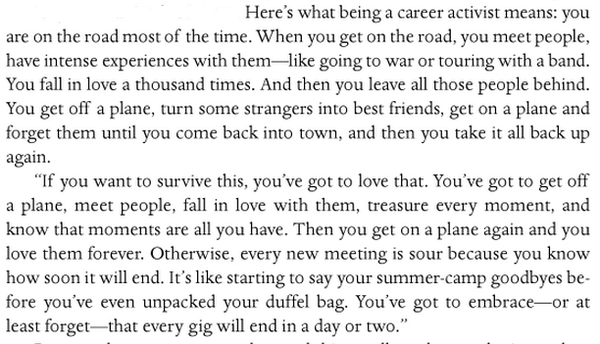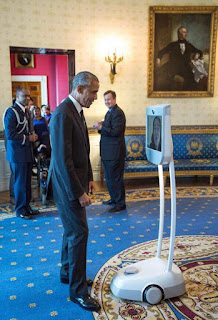Why I prefer Academia_edu over Academia_eu
It looks like 2015 will be the year when Academia_edu receives thorough scholarly attention and academic scrutiny. Guy Geltner’s post on why he left the network is an excellent overview over the debates and a workshop asking Why Are We Not Boycotting Academia.edu ? took place yesterday comes with a very nice Storify summary . The underlying topic is that science and scholarly publishing need to be ‘disrupted’ and become better, more open, free to access and proper public goods. The debates about data privacy and platform capitalism are important, but once again, I am concerned that the vision of open and free science and publishing could do with a more nuanced reality check. I still think that ‘ open ’ is easier said than done and that it has a risk to create new powerful players-just not the big corporate players that are criticized wildly and rightly. I use Academia_edu a lot, I find it very useful and with low opportunity cost and I am not keen on an alternative ‘Academia_eu’ ...


